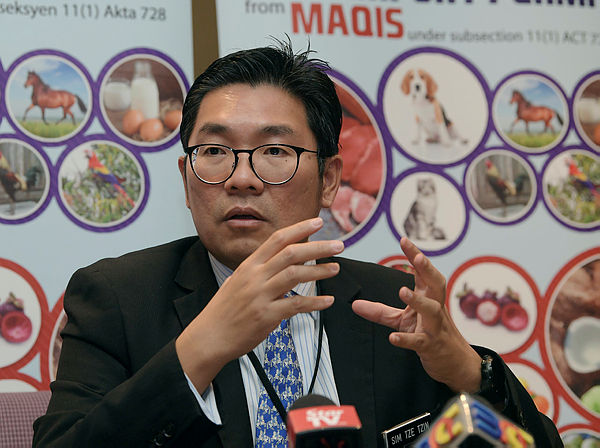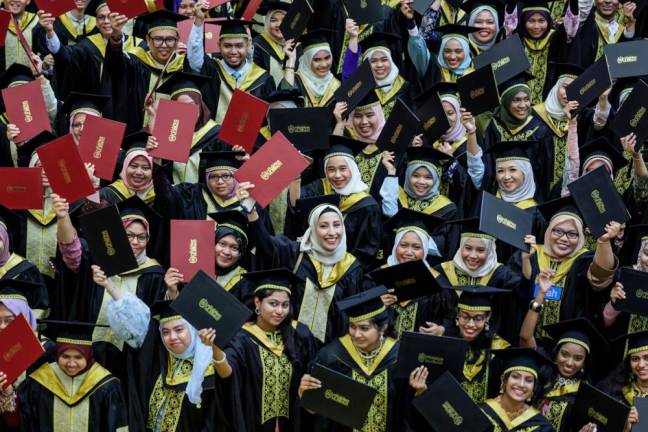GEORGE TOWN: The Ministry of Agriculture and Agro-based Industry is encouraging all states to carry out aquaculture to boost the production of high-quality fishery produce to meet the rising demand, as well as to create a healthy environment.
Its deputy minister, Sim Tze Tzin (pix) said Penang was top in aquaculture production in Malaysia and the only state that had reached 50% in aquaculture and captured fish, respectively.
“Moving forward, we need to have more aquaculture activities. Malaysia is in the capture fisheries sector, but the fish resources are declining at an alarming stage. That is why we need to have conservation, we have to implement certain policies to ensure we are not over-fishing. Eventually, we will have to move on to aquaculture.
“Penang’s aquaculture industry is worth RM1.67 billion a year. The country’s total is about RM3 billion. Penang’s share is therefore over 50% compared to all the other states. We need to encourage more states to carry out aquaculture,“ he told reporters after officiating at the opening of the World Seafood Congress 2019, here, today.
Held for the first time in Asia, the three-day congress from today is attended by 350 delegates and has 11 keynote speakers, besides 40 exhibitors from the international seafood industry and research fraternity.
It is to address existing and evolving conditions that are critical for the sustainability of fisheries, aquaculture and the oceans’ ecosystems, and to highlight new innovations and solutions to these challenges.
Sim, who is also the Member of Parliament for Bayan Baru, said sustainable fisheries development had become increasingly important both to ensure sufficient food supply at affordable prices and as an important generator of economic and social progress for the rural poor.
Therefore, he said, various management strategies had been formulated and implemented to control fishing, and to promote sustainability and conservation of marine resources and ecosystems.
“We have twin problems; one is climate change and the other is growing population. That is why the demand for seafood is getting higher but the fish stock is declining. These are big issues that the World Seafood Congress is tackling.










